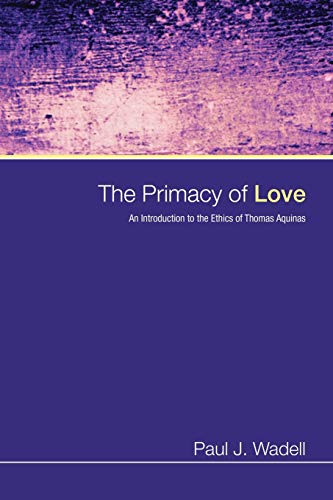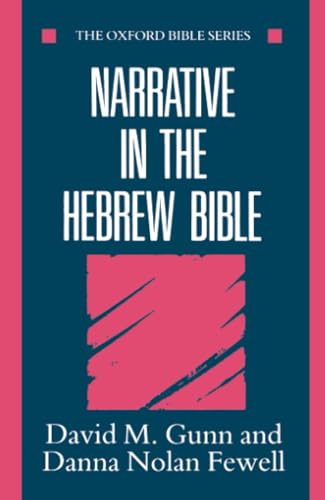The Spirit of Hinduism; a Christian Perspective on Hindu Thought
Written by David Burnett Reviewed By Stephen N. WilliamsIn the West we need guidance both on understanding Hindu religion and on understanding contemporary religious movements that draw their philosophy and inspiration from oriental sources. David Burnett has set out to give us that. This is a book both welcome and timely.
The main burden of the book is a documentation of Hindu thought and practice in its systematic philosophy and its popular features. Its broad structure is chronological, tracing Hinduism from its earliest through to its modern manifestations. Within that structure the author makes room for three things. Firstly, he takes a certain area, like a particular religious practice, and takes a thematic look at it. Secondly, he constantly relates material to contemporary phenomena. Thirdly, as the sub-title indicates, he offers a Christian evaluation. So one will learn here of karma and yoga, of astrology and of gurus, of the gods and of eroticism, of monistic philosophy and of incarnation. And there is more.
This book seems to me to have some excellent features. One receives a sense of the spirit of Hinduism and not just a knowledge of facts. At the same time, the author obviously knows those facts thoroughly, presenting them interestingly, and his own spirit is that of someone who wants to inform and to guide and not grind an axe, despite his strong personal Christian conviction. He blends the more familiar with the less familiar in his account. For example, in the fourth chapter we meet, as we should expect, the four important deities Varuna, Indra, Agni and Soma, but description of the ritual (such as the stallion ritual in the Asvamedha) does not usually feature in the introductions to Hinduism. The pattern is repeated in the next chapter, where we come across the important equation of Brahman and atman in Upanishadic philosophy but a list of contents of the different Upanishads is less common. One may certainly raise questions about the account at certain points. Burnett writes very clearly, but I could not follow everything in the chapter on Karma and Reincarnation; e.g., I found it hard to understand the force of: ‘Karma supposes an ideal of life which it is the first duty of a person to pursue’ in its surrounding context (p. 75). Again, one needs to underline the fact that as Krishna, in the Bhagavad Gita, condones evil conduct as long as one is devoted to him, the very meaning of ‘righteous’ and ‘loving’ as applied to Krishna is entirely different from Christian meanings.
This last point leads us to the weakness of the book. As an account of the ‘Spirit of Hinduism’ it may be warmly commended for everyone, but much more could have been done with the ‘Christian perspective’. Assessment can be extremely summary (e.g. on Jungian analysis, p. 174). Often, the Christian position is just juxtaposed to the account of Hinduism. In effect we have statements of Christian teaching or of Hindu weaknesses. Surely, just as the author has got inside Hinduism in order to explain it, he needed to get inside ‘Christianity and Hinduism’ in order to accomplish what the title of the book announces.
An example is the treatment of eroticism. It is an important subject both in Hindu tradition and in contemporary Western experience (to go no further than that). Presentation of a Christian perspective on eroticism in Hinduism would have been most helpful. The erotic appeal of the dominantly powerful, cruelly beautiful goddess Kali is doubtless the subject of Freudian as much as Christian analysis. But one can make a lot of Radha’s adultery as a sign of her devotion for the god Krishna (p. 168). In the OT especially, the symbolism of adultery (the adultery of Israel and Judah) conveys exactly the opposite of right religious devotion. Holiness and fidelity are the great signs of love to God and they characterize marital love. Any theological talk of the erotic must be set in that context. But the exploration of its nature is important if done by the right people in the right way. As this is just one example, it looks as though I am proposing that Burnett’s book should be extremely long! But I am just remarking on the terms in which he describes his own task.
If there is a task here still to be accomplished, the materials for it have been assembled and presented to us very helpfully indeed. For those who know very little about Hinduism or who, like the reviewer, do not know very much more than very little, this book is an offering to be gratefully received.
Stephen N. Williams
Stephen Williams is professor of systematic theology at Union Theological College in Belfast, Northern Ireland, and served as general editor of Themelios from 1995 to 1999.







